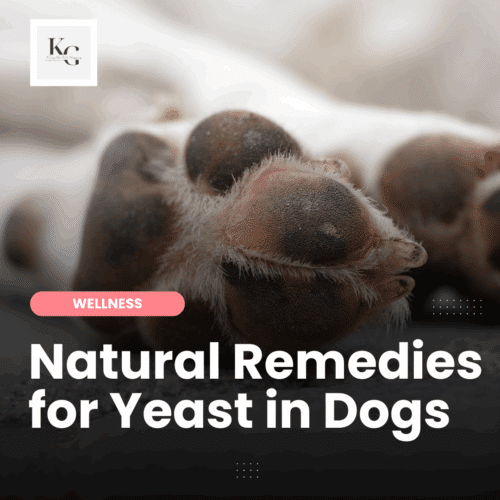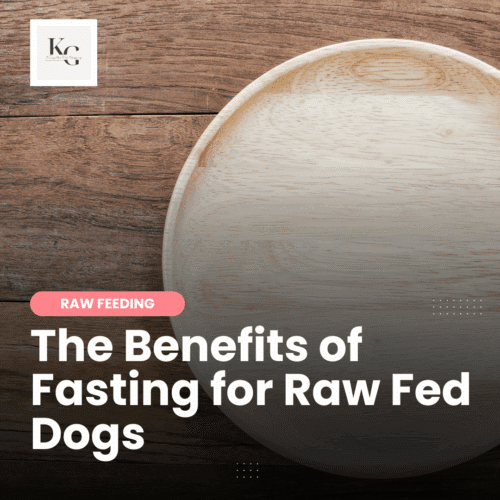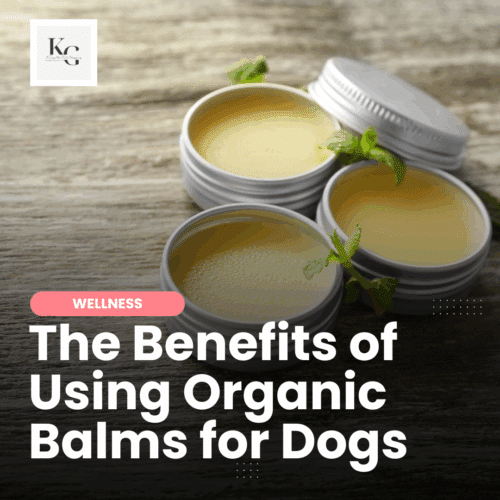Keep the Tail Wagging is supported by pet parents. I occasionally earn a commission (at no additional cost to you) when you click through an affiliate link to one of my favorite products. Thank you for your support. Read More
I'm not a fan of antibiotics, but there are times when homeopathy or other natural cures may not be an option, and traditional medicine is what my dog needs. When this happens, I take steps to protect my dog's gut and liver health. Let's explore some tips on protecting your precious gut flora during and after a course of antibiotics.
What are Antibiotics?
Antibiotics are medications used to fight bacterial infections in the body by either killing the bacteria or inhibiting their growth when they're wreaking havoc on a dog's system. Treating various infections, including:
- bacterial infections
- ear infections
- inflammatory skin infections
- periodontal disease
- respiratory infections
- tick-borne disease
- urinary tract infections
Protecting Gut Health from Antibiotics
It would be convenient if antibiotics only killed “bad” bacteria, but these drugs don't discriminate and tend to kill everything in sight as they fight infection. This means that a round of antibiotics damages the gut microbiome, and multiple rounds can lead to other health issues if not managed appropriately.
Before Starting the Antibiotics
Before starting antibiotics, I work on my dog's liver and gut health to build the first line of defense. My goal is to strengthen their immune system and prepare the liver for the drugs.
Supplements that support liver health include:
- Hepato Support by Rx Vitamins
- Daily Dawg by Real Mushrooms (this also supports gut health, boosts the immune system, and promotes overall wellness)
While Taking Antibiotics
When my dogs are on antibiotics, I use pre and probiotics to help restore the balance of beneficial gut bacteria. It's generally recommended to give a dog probiotics a few hours after each dose of antibiotics to replenish the gut with good bacteria. I do this by…
- feeding a light meal of raw goat's milk, kefir, or plain yogurt
- mixing Gussy's Gut or colostrum with a 1/4 cup of food
I ensure my dogs have fresh, filtered water on hand to help flush out toxins and maintain proper digestion, which is crucial for overall gut health.
After Completing the Antibiotics
Once my dog has completed the antibiotics course, it's essential to focus on rebuilding a healthy gut microbiome:
- Continue with Probiotics: After finishing antibiotics, I continue with the probiotics for a few weeks to support the restoration of my dog's gut flora.
- Eat a Balanced, Fresh Food Diet: Either gently cooked or raw, a diet of fresh food will help nourish the gut bacteria.
- Reduce Stress: Stress can negatively impact gut health, so I keep my dog active, engaged, and calm. And I reduce my stress, which my dogs take on.
- Consider Prebiotics: Prebiotics are like fuel for probiotics, helping them thrive in the gut. Foods like dandelion greens, garlic, asparagus, and bananas are good sources of prebiotics.
Super Cleanse Detox for Dogs
A system detox is also recommended. I use Super Cleanse by Glacier Peak Holistic, which supports:
- Detoxification
- Removing Heavy Metals
- Healthy Thyroid
- Healthy tissue, skin, hair, eyes and nails
- Immune System
- Cleansing blood vessels
- Balanced nerve function
- Female organs and tone a weak uterus
- Aid in hormone balance
I add the appropriate dosage (listed on the package) to one meal daily over a four-week period. Glacier Peak recommends dosing for six days and taking the seventh day off.
Feeding Raw to a Dog on Antibiotics
A dog taking antibiotics can eat a raw food diet. However, there are concerns that increased bacteria will tax the system more, making the infection worse. I'm not a veterinarian and won't argue this fear. I had a dog going through cancer treatment who ate a raw food diet without issue.
If my dog has a tooth extraction, for example, I prefer to feed gently cooked food while they're taking antibiotics and for a couple of weeks afterward. It's an easy adjustment; the food is still superior to processed diets, and it makes my veterinarian happy.
Remember, gut health plays a significant role in a dog's overall well-being, so taking care of it is essential, especially when undergoing antibiotic treatment. Following these simple steps helps me support my dog's gut flora, allowing them to bounce back to their healthy self in no time.





